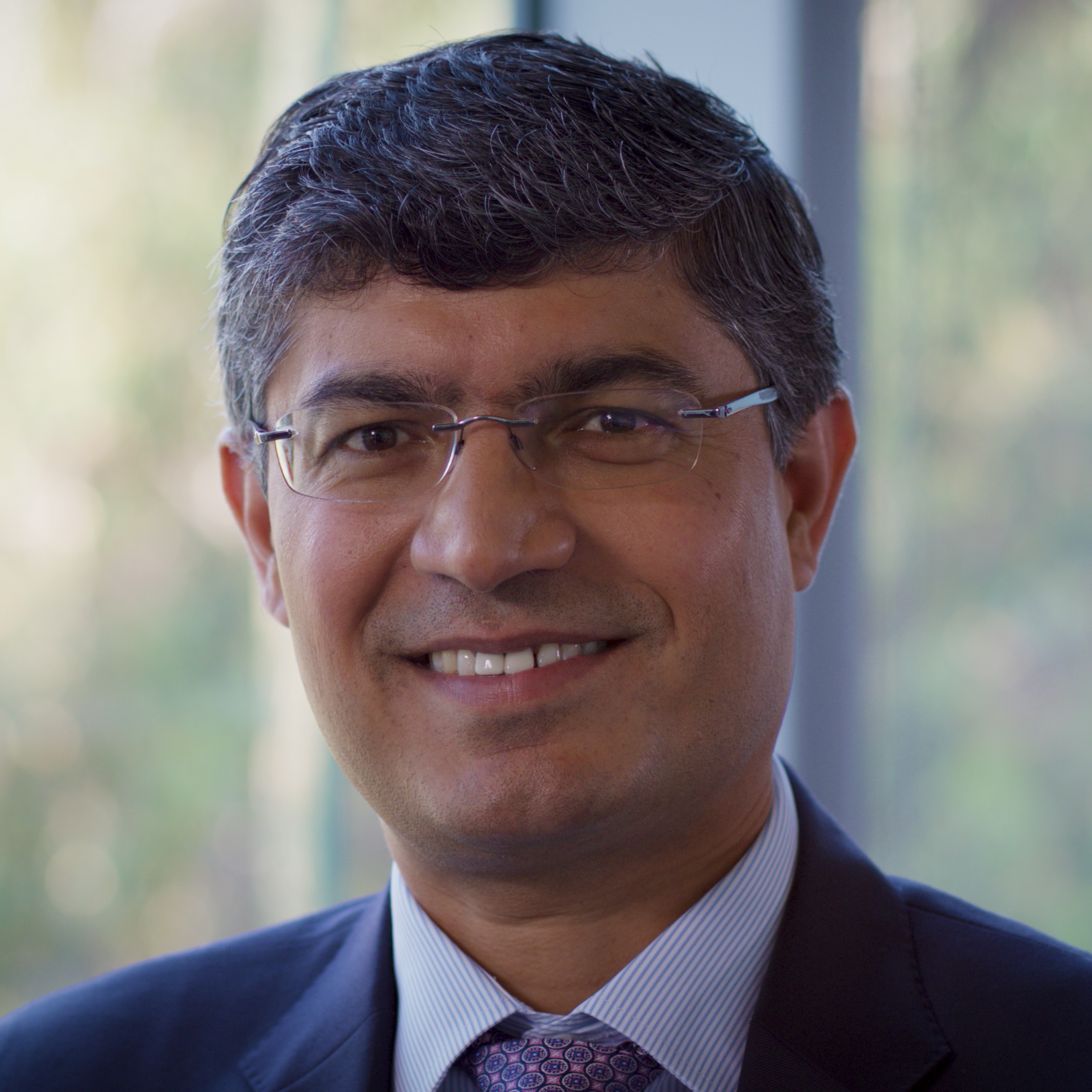Article
Phase 2b Data Support AR882 for Treatment of Chronic Gout
Author(s):
The data reported significant improvements in serum urate (sUA) following 12 weeks of treatment.
Arthrosi Therapeutics, Inc, announced positive results from its Phase 2b study evaluating AR882 for the treatment of chronic gout. The data, which will be presented in full at an upcoming scientific conference, reported significant improvements in serum urate (sUA) following 12 weeks of treatment.
Robert T Keenan, MD, MPH, MBA

The global, multicenter, 12-week, randomized, double-blind, placebo-controlled study enrolled 140 patients with active gout. Eligible patients met the gout classification criteria according to the American College of Rheumatology (ACR) and The European Alliance of Associations for Rheumatology (EULAR). Patients were randomized to receive a daily dose of 50 mg AR882, 75 mg AR882, or placebo. The sUA levels (<6, <5, <4, or <3 mg/dL) were evaluated after week 12, along with safety and tolerability assessments.
At baseline, the mean sUA among participants was 8.6 mg/dL. Major comorbidities included hypertension (47%), hyperlipidemia (35%), renal insufficiency (34%), arthritis (23%), diabetes (19%), cardiovascular disease (15%), lung disease (11%), and liver disease (5%).
At the 12-week mark, median sUA levels were reduced by 59% from baseline (8.6 mg/dL to 3.5 mg/dL) in the AR882 75 mg dose cohort, and 42% (8.6 mg/dL to 5.0 mg/dL) in the AR882 50 mg dose group. However, no changes were seen in those receiving placebo.
For those in the 75 mg dose cohort, 89%, 82%, 63%, and 29% of patients achieved sUA levels of <6, <5, <4, and <3 mg/dL, respectively. For those receiving AR882 50 mg, 78%, 50%, and 8% of patients achieved sUA levels of <6, <5, and <4 mg/dL, respectively. The sUA lowering effect was steady during the last 3 visits, between 8 and 12 weeks, in both AR882 treatment groups. No one in the patients responded in the placebo cohort.
No serious adverse events (SAEs) were reported in patients treated with AR882. The most common AEs, which included diarrhea, headache, and upper respiratory infection, were rated as mild or moderate. During the trial, patient comorbidities were stable and no adjustments in disease management were made for those treated with AR882.
"Current standards of care have been ineffective in addressing the underlying cause of gout and associated patient morbidity," Arthrosi's Chief Medical Officer Robert T Keenan, MD, MPH, MBA, said in a statement. "AR882 has not only demonstrated high response rates achieving the minimum sUA target of below 6 mg/dL needed to control the disease, but also demonstrated sufficient potency to achieve targets below 5 mg/dL or 4 mg/dL for faster flare reduction and dissolution of crystal deposition and tophi."





